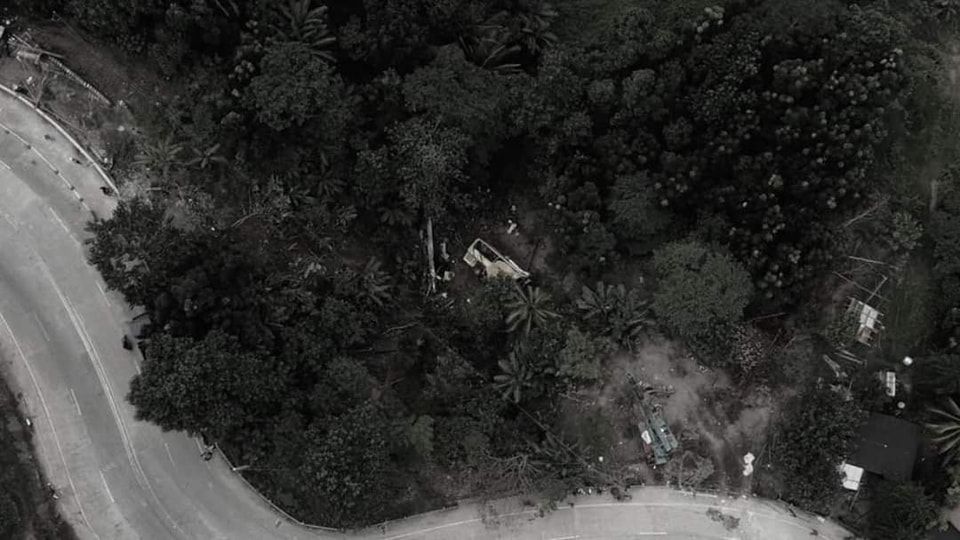In the quiet province of Antique, a community grapples with grief and shock following a tragic accident involving a Ceres Bus, highlighting the critical need for accountability and responsibility among various stakeholders. As the province mourns lives lost and families shattered, attention turns to the franchise owners, the Department of Public Works and Highways (DPWH), the Land Transportation Franchising and Regulatory Board (LTFRB), local officials, provincial authorities, and even the commuters and the general public.
The Ceres bus accident, a stark reminder of the fragility of life and the potential consequences of inadequate safety measures, prompts a collective call for accountability. At the forefront are the franchise owners of the Ceres bus service, who bear the responsibility of ensuring the safety of their passengers. Authorities will scrutinize the franchise owners' maintenance records, driver qualifications, and adherence to safety regulations to determine whether any negligence contributed to the tragic incident.
Simultaneously, the DPWH faces scrutiny regarding road conditions and infrastructure maintenance. Were the roads where the accident occurred well-maintained, adequately signposted, and equipped with the necessary safety features? The DPWH must be held accountable for the state of the streets, ensuring that they meet the necessary standards to guarantee the safety of all road users.
The LTFRB, responsible for regulating public transportation, must assess whether the franchise owners complied with regulations and whether their buses underwent rigorous inspections. If there are lapses in the regulatory process, the LTFRB must take swift action to rectify them and prevent similar incidents.
Local and provincial officials also find themselves under the spotlight. Were safety measures and emergency response plans in place and effectively executed? Their role in ensuring public safety, especially on major transportation routes, is pivotal, and any shortcomings must be addressed to prevent future tragedies.
However, accountability doesn't rest solely on the shoulders of authorities. Commuters, as critical stakeholders in public transportation, also play a role in ensuring their safety. Reporting unsafe practices, demanding adherence to regulations, and actively participating in community safety discussions contribute to a culture of accountability that can make a significant impact.
Amid this tragedy, the general public is also responsible for advocating for systemic changes. Raising awareness about road safety, demanding stricter regulations, and supporting initiatives prioritizing passenger safety can help build a safer transportation environment for everyone.
As the investigation unfolds, the Ceres bus accident serves as a sobering reminder that everyone, from franchise owners to government agencies, local officials, and the public, must collectively uphold their responsibilities to ensure the safety of all commuters. In a province now marked by grief, the pursuit of accountability becomes a beacon of hope for a future where tragedies of this nature become a distant memory rather than a recurring nightmare.
#OpinYonPanay #Antique #CeresBusAccident #DPWH #LTFRB #OpinYon #WeTakeAStand
